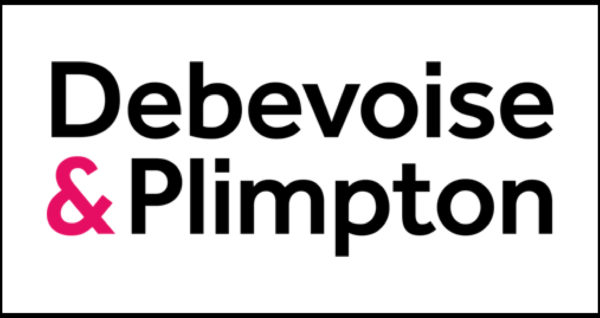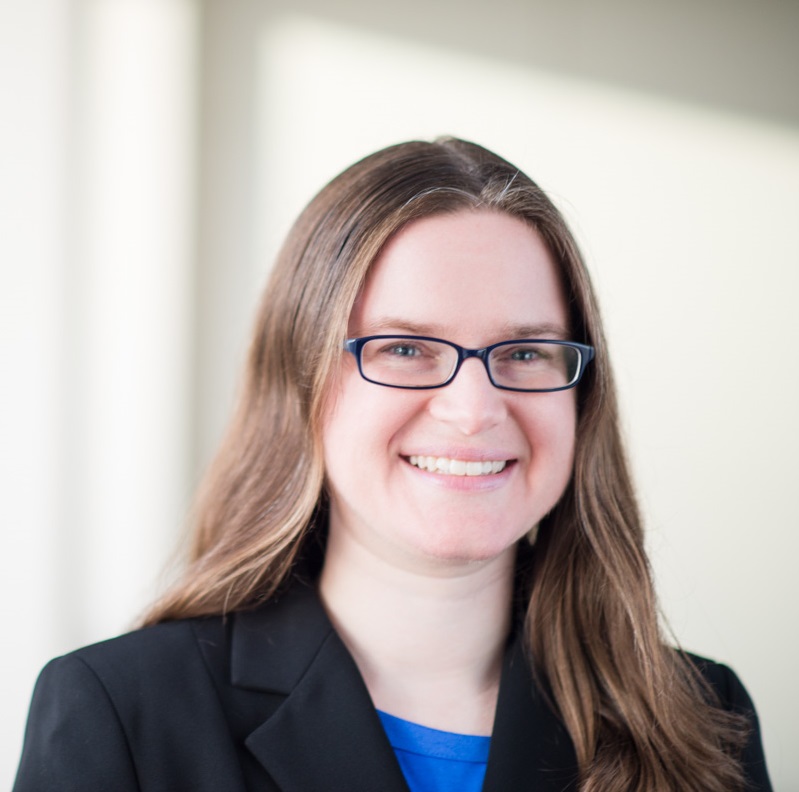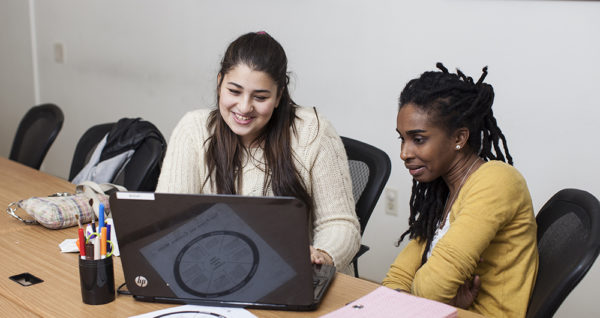At this year’s Above & Beyond Awards, Sanctuary is honoring a group of dedicated volunteer attorneys, summer associates, and paralegals who provided virtual pro se assistance to survivors of domestic violence seeking orders of protection during COVID-19.
Tushna is Of Counsel at Morrison & Foerster LLP and a member of Sanctuary’s Pro Bono Council.
—
One of the unfortunate and dangerous effects of the Coronavirus pandemic has been that the frequency and intensity of domestic violence has escalated during this challenging time. With Family Courts physically closed and operating at reduced capacity as a result of the Covid-19 health crisis, those experiencing domestic violence were not able to receive in-person pro se assistance in preparing and filing family offense petitions against their abuser in order to obtain orders of protection for themselves and their children.
To address this serious gap in services, Sanctuary for Families worked quickly to create a new pro bono project called the Virtual Courtroom Advocates Project (or VCAP), which provided virtual pro se assistance to survivors of domestic violence seeking orders of protection from abuse and violence. A group of six firms promptly agreed to staff the VCAP program and a group of dedicated volunteer attorneys, summer associates and paralegals from Cahill, Gordon & Reindel LLP, Davis, Polk & Wardwell LLP, Paul Weiss, Rifkind, Wharton & Garrison LLP, Simpson Thacher & Barlett LLP, Sullivan & Cromwell LLP, and Schulte, Roth & Zabel LLP made a huge commitment to help these brave survivors. Volunteers from each of these firms immediately began staffing the VCAP program five days a week starting in April 2020. By the time VCAP ended on September 1, 2020, VCAP volunteers had drafted nearly 200 family offense petitions on behalf of victims of domestic violence seeking orders of protection. Nearly 180 of those petitions were filed with the court, with almost all of the petitioners being granted an order of protection and other requested relief.
Each of the volunteers focused their time, energy, and efforts to help their clients prepare and file their petitions and to serve the Temporary Order of Protection on the respondent. VCAP attorneys were tenacious and skilled in their quest to help the clients obtain full stay away Temporary Orders of Protection. In addition, they were able to achieve hard to obtain additional relief to meet the needs of survivors of domestic violence, such as stay away orders for petitioner’s children and pets, child support orders, and orders preventing the electronic dissemination of intimate images and videos of the petitioner.
Each pro bono attorney was compassionate and patient in assisting these courageous survivors to get protection from their abusers and offered empathetic and trauma-informed support, empowering petitioners to find their own path to safety and justice. For example, one pro bono attorney worked for over a week with a petitioner who was afraid to file her family offense petition, patiently supporting the client and empowering the client to make her own decision regarding whether to file the petition. Ultimately, the client decided to move forward with filing the petition and obtained the protection she needed.
As a long-standing member of Sanctuary’s Pro Bono Council and Sanctuary supporter, I am deeply grateful to each of the caring pro bono attorneys, summer associates, and paralegals for their fierce advocacy combined with kindness and deep empathy, and the law firms that supported and facilitated their work. I am also thankful to the Sanctuary for Families staff attorneys who were instrumental in swiftly setting up this innovative program that met the urgent needs of the moment. And, as always, I am also grateful for, and constantly inspired by, the courage and strength of the clients who stepped forward to protect themselves and their families from violence and abuse in the midst of a global health crisis.
In the words of VCAP volunteer attorney Amy Barton of Paul Weiss,
“Although my clients repeatedly expressed their appreciation to me for my assistance, in the end, they were the ones who deserved my thanks for inspiring me with their strength to find help when needed and allowing me the opportunity to try to make someone’s life a little safer in a world that seemed to be turning upside down for all of us.”
—
Join us at our Above & Beyond virtual celebration on October 29, 2020, as we honor the VCAP volunteers’ outstanding pro bono work. Click here to RSVP for free.
If you can’t join us, but would like to support Sanctuary for Family’s work, please consider making an Above & Beyond donation here.





